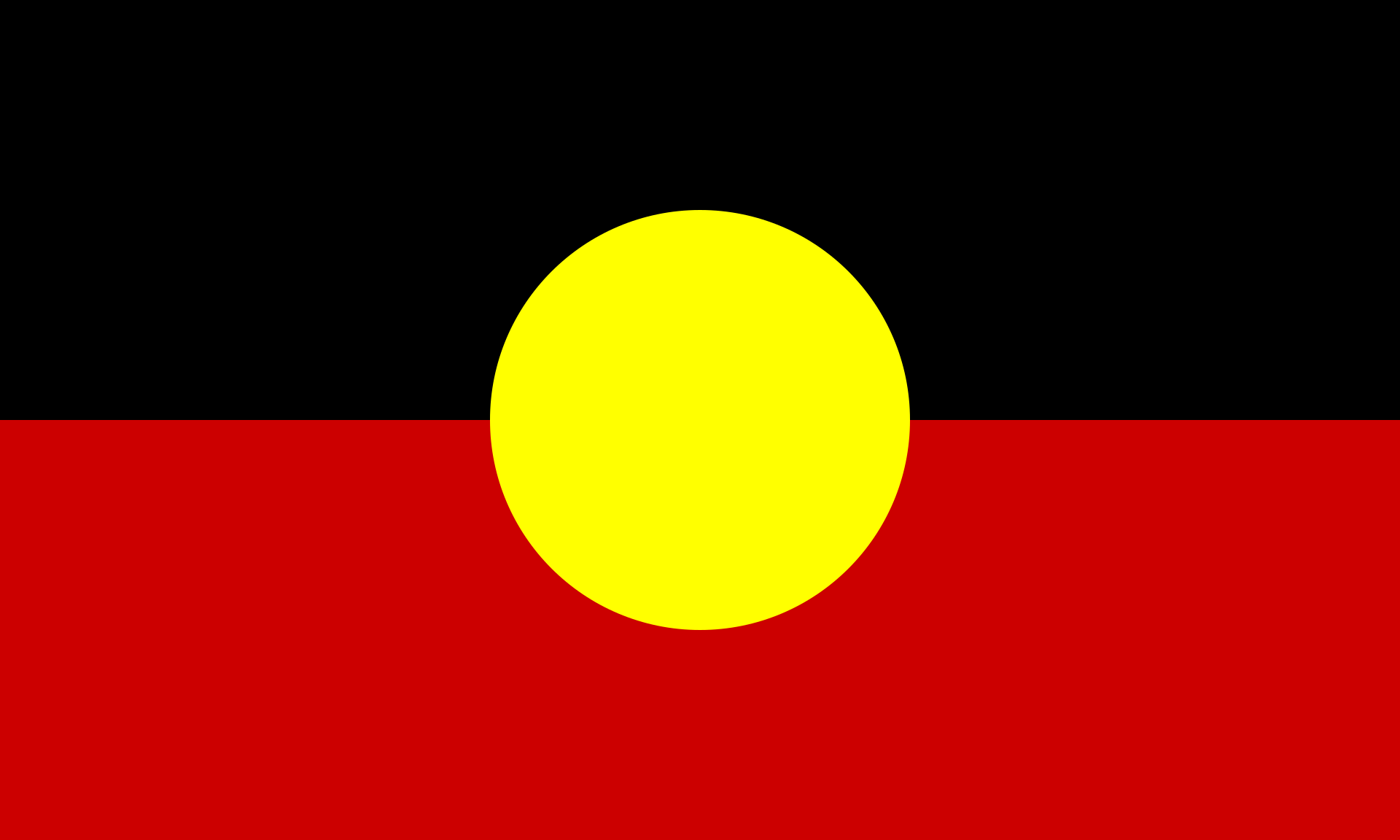by Candice Care-Unger
An important part of rehabilitation for many people, regardless of gender or age, is their sex life. Sexuality can be a taboo topic in many areas of society, but it should not be off limits in the rehabilitation and disability sector.
The brain is the major sexual organ, and the spinal cord carries the signals for sexual functioning. For anyone with a neurological injury, illness or disability, changes to the brain or spinal cord is part of the reason that their experience of sex has changed.
Some common sexual functioning issues that occur, regardless of gender include:
- arousal and erectile difficulties
- ejaculation or lubrication difficulties
- inability to achieve orgasm
- pain with sexual activity
- inability to participate in receptive sex (vaginal or anal) due to muscle spasm
People can also experience psychological or emotional issues, like diminished sexual confidence or authentic sexual expression. For others, concerns might be around inadequate privacy, having enough upper limb strength to self-pleasure, complications with continence management, physical positioning or spasm management.
There is no denying things are different to before the injury, and some people give up on this aspect of themselves. Others explore therapy and interventions to improve their sexuality and sex life, recognising the centrality of sex to who they are.
Some people choose to engage with a psychosexual therapist to work through any changes in sexual function, and the potentially distressing impacts on intimate relationships.
What is psychosexual therapy?
Psychosexual therapy is a holistic, talk-based approach to sexual wellbeing that includes individualised support to explore sexual needs. It does not involve touch or physical examination, which is why many people are engaging in telehealth to meet with specialists who can support this aspect of rehabilitation.
In a recent review of 100 clients, over 24 different interventions were identified that can assist with improving sexual functioning, relationships and reduce distress about sexual difficulties. This highlights the range of options available to people of all genders, and that sexual rehabilitation is so much more than “just take a little blue pill”.
Sexuality is defined by the world health organisation as “a central aspect of being human throughout life” so if this is an area of your life that is causing you distress, it is time to do something about it!
Sexuality and the NDIS
Like all things with the NDIS, services are more likely to be funded when they are linked to a participant’s goal.
Some examples of goals might include:
- explore your sexuality following injury, illness or disability
- understand, explore and engage in the sexual activities of your choosing
- develop the social skills to engage in navigating dating and establishing new relationships
- maintain your general, emotional and/or mental health and wellbeing
Sexual supports fall under Capacity Building: improved daily living. But some planners won’t understand how your disability is related to sexuality. If you have a neurological injury, ensure you mention the central role of the spinal cord and brain in sexual functioning, and that the nature of neurological injury/illness means your changed sexual functioning is a direct result of your injury/illness.
Looking for a psychosexual therapist
If you are thinking of engaging with psychosexual therapy, the Society of Australian Sexologists have accredited clinicians on their website, most therapists will have an undergraduate degree in human sciences (eg social work, counselling or psychology), nursing or medicine, and postgraduate sexuality qualifications.
Introduction to CARE REHAB
I work with an organisation called CARE REHAB. We provide virtual psychosexual therapy and social work services across Australia, and specialises in neurological injuries, illness and disability. Our team have all worked in rehabilitation as social workers and psychosexual therapists for many years. We approach psychosexual therapy with a rehabilitation framework.
We provide virtual services across Australia, home visiting in Melbourne and Sydney. Find out more by visiting our website or by contacting us at [email protected] or 0483 842 31.

My role
I’m an experienced psychosexual therapist and specialist social worker. I’ve worked in hospital and community rehabilitation settings for the past 20 years, across Sydney, rural New South Wales, Brisbane, Scotland and New York. I provide individual and couples therapy, and I specialise in neurological injury and sexuality, and adjustment to injury.
I also teach at the University of Sydney in the sexual health and reproduction (psychosexual therapy) postgraduate course, and I hold an executive role for the Society of Australian Sexologists NSW branch.
Meet Hailey
Hailey is an experienced trilingual psychosexual therapist who also works at CARE REHAB. She’s worked in Sydney, Melbourne and as a sexuality educator in Hong Kong, offering her services in Mandarin, Cantonese and English.
Hailey is a member of the Society of Australian Sexologists (SAS) and has a special interest in gender identity and exploration, LGBTQIA+ inclusive practice and sexual trauma. With her extensive experience in complex neurological conditions as well as psychosocial disability, Hailey combines her psychosexual therapy training with her trauma informed practice to offer clients a holistic approach to their rehabilitation and treatment.

- September 28, 2023




